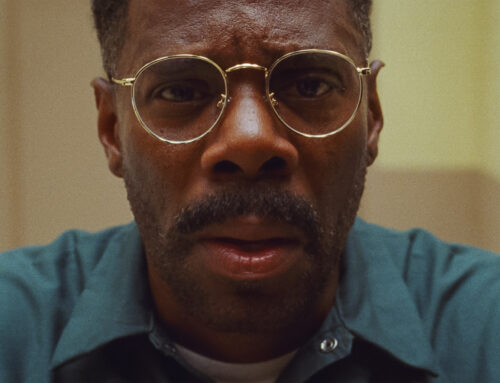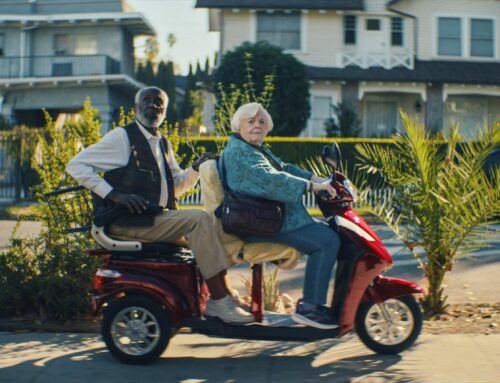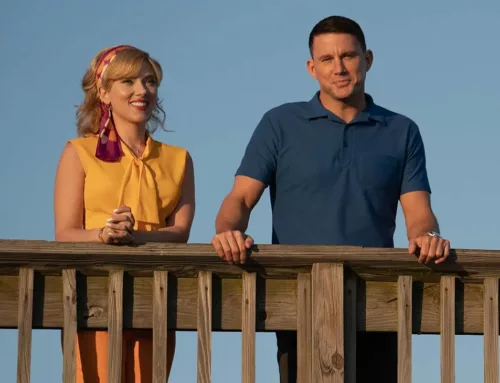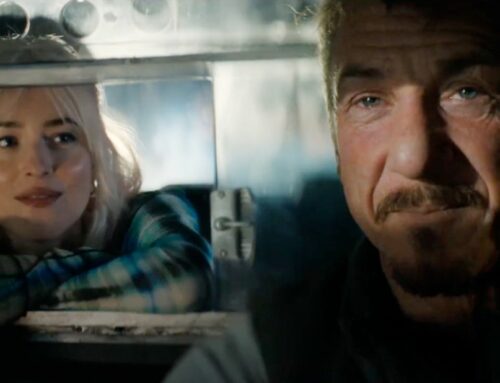12 YEARS A SLAVE is as unsparing as its title. The film is a shattering experience– for actors and audience–as we are dragged into the abyss of slavery through the documented real life experience of a free black man in upstate NY who was kidnapped from his family in the middle of his life, and enslaved in the south. That slavery is woven into the fabric of America’s culture and history is inescapable; we still suffer the pain. 12 YEARS A SLAVE makes clear not only the brutality of the conditions, but also the breathtaking blindness that permitted supposedly educated, refined human beings to justify the barbarity of the institution to themselves and each other. The film is also, remarkably, possessed of a transcendent lyricism that allows us to breathe in the suffering first hand, the horror resonating through our consciousness by way of our bones.
The film is based on a first-hand account of one Solomon Northup (Chiwetel Ejiofor) an intelligent, educated free black man living in Saratoga, NY in 1841, who was drugged, kidnapped and sold into slavery in our nation’s capital; he was then transported in chains by way of a slavers underground to the deep south where he remained for 12 years– in hell, stripped of his identity, his humanity, and any recourse. His rescue was eventually triggered by a Canadian abolitionist (Brad Pitt).
We expect the physical and emotional agonies– routine whippings, rapes, and all manner of deprivation and humiliation– but all of it is here rendered against the everyday beauty of graceful sunlit plantations and their oh so “civilized” inhabitants. Director Steve McQueen’s approach to this material is revolutionary and deeply humane. He and screenwriter John Ridley give us details so diabolically cruel and revealing that a body reels. In one of the earliest moments of captivity, Solomon –now renamed “Platt”–and Eliza (Adepero Oduye) another formerly free black woman, are delivered to their new “owners ” the Fords (Benedict Cumberbatch and Liza J. Bennett). Eliza is weeping loudly for her children who have been wrenched from her side to be sold off separately. When the ostensibly “kindly” Mrs. Ford first sees Eliza, she gently orders that Eliza be given some food and rest, and then says with almost maternal concern– that Eliza will “soon forget about her children.”
The blind complacency and arrogance of the comment went through me like a knife; McQueen serves it up in the most staggeringly offhand way. It is his approach throughout and it is extraordinarily effective. Eventually Solomon/Platt is sold to another owner Edwin Epps—a drunken mad man played with chilling calculation by Michael Fassbender. I shook every time he appeared, not knowing when and how this viper would strike. Fassbender’s attraction to and abuse of a beautiful slave named Patsey (Lupita Nyong’o in a break-out/heartbreaking performance) ignites the vindictiveness of his even more vicious wife (Sarah Paulson) and propels the film to a climactic scene of sadistic savagery.
The filmmaker, though, keeps his balance, never surrendering to easy graphic exploitation to make a point. In fact, he over corrects in two scenes– the final one of reunion which is too stiff and formal, giving us no relief– though perhaps that is the intent. And then there are a few jarring scenes involving Pitt’s character who descends bearded and Jesus-like, deus ex machina to save the day– but not before he debates the injustice of slavery with the nasty plantation owner. Others among the supporting cast are used more effectively– Paul Giamatti and Paul Dano as respectively– a callous slaver and plantation foreman, and Alfre Woodward, striking in her few onscreen minutes, as a former slave, now married to a plantation owner.
But ultimately what distinguishes this film is its awful, transfigurative beauty, and Chiwetel Ejiofor’s wrenching dignity and grace, a performance which runs like a clear stream through a landscape of unimaginable suffering. At one point, Solomon simply stares out at the natural and unnatural world around him. The camera lingers on his tormented face in silent closeup; it feels like years going by as he slowly turns to look straight out at us with eyes so wounded I thought my heart would crack. Ejiofor’s gaze says everything that can be said about the anguish this man has survived–and how it has shredded his soul. In this moment, McQueen breaks the frame–and we and Solomon are one, forever scarred by his 12 YEARS A SLAVE.
One of the finest films of the year, 12 YEARS A SLAVE and Ejiofor’s performance will figure prominently at Oscar time. Do not miss it.






[…] “Remarkably, possessed of a transcendent lyricism that allows us to breathe in the suffering first hand, the horror resonating through our consciousness by way of our bones.” – Joyce Kulhawik […]